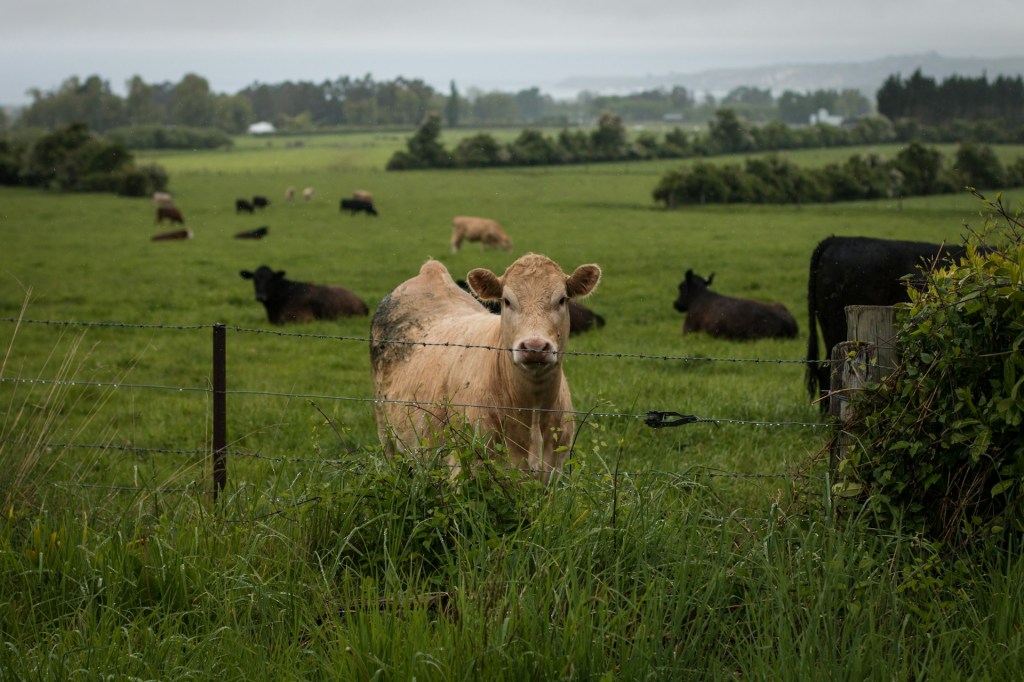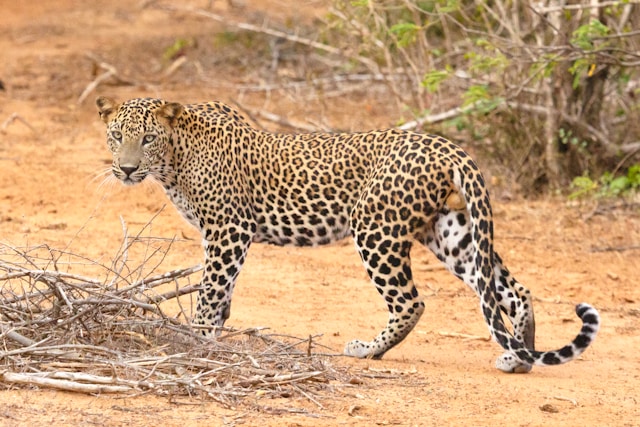Methane-eating microbe developed by California startup can save the world from global warming emissions
Windfall Bio has developed a methane-eating microbe targeting the agricultural industry which is the leading methane-emitting industry in the world.

Image by Eric Schroen
Amid the climate crisis, methane emissions have often been overshadowed by strategies targeting carbon dioxide emissions. To tackle this problem, the California-based startup Windfall Bio has developed a methane-eating microbe that can be deployed in large methane-producing operations such as farms, waste treatment facilities, landfills, and oil and gas operations.
Methane, known for its high potency compared to CO2 over time poses a substantial environmental challenge and is 80 times more potent than CO2 during the first 20 years. Over 30% of global warming today is driven by methane emissions and it is more powerful than carbon-dioxide emissions that last longer in the atmosphere.
However, the key challenge in reducing these methane emissions has been that the majority of the world’s methane emissions are produced from agricultural activities such as beef and dairy production followed by the energy sector.
Thus, while global oil and gas producers have committed to cutting down methane emissions in their operations by 2030 to achieve global warming targets, truly innovative solutions such as Windfall Bio’s methane-eating microbe (mems) are necessary to tackle the level of methane emissions in agriculture.
Up until today, the core challenges that were prohibiting methane reductions in agriculture have been the inability of agricultural producers to invest in methane reduction strategies due to very small profit margins associated with the industry’s long supply chain, and the nature of the industry itself which requires constant production of meats and dairies to cater the global food and nutritional requirements.
This is where Windfall Bio comes into play with its methane-eating microbe technology which can be deployed in large methane-producing facilities to destroy the methane. It also produces fertilizer as a by-product during the process of destroying methane.
Founded in 2022, the start-up has most recently raised a significant $28 million Series A funding round led by Prelude Ventures and it is currently piloting this technology in dairy farms managed by Whole Foods which is one of Windfall Bio’s most prominent customers. Other notable brands involved with the start-up include Amazon’s Climate Pledge Fund and Breakthrough Energy Ventures as investors.
Josh Silverman, Windfall Bio’s co-founder and CEO, compares the mems to yeast, highlighting their efficient methane consumption. The microbes use energy from the methane they consume to extract nitrogen from the air while producing organic fertilizer that farmers can use on their lands or sell for profit. Windfall Bio’s technology is most effective in enclosed methane sources, such as dairy farms and landfills, where it can be easily applied and managed.
Looking ahead, Windfall Bio aims to scale up its manufacturing process to meet growing demand, with plans to supply commercial quantities of mems by 2025. With its innovative approach, Windfall Bio stands at the forefront of combating methane emissions, offering a promising pathway to a more sustainable future.



